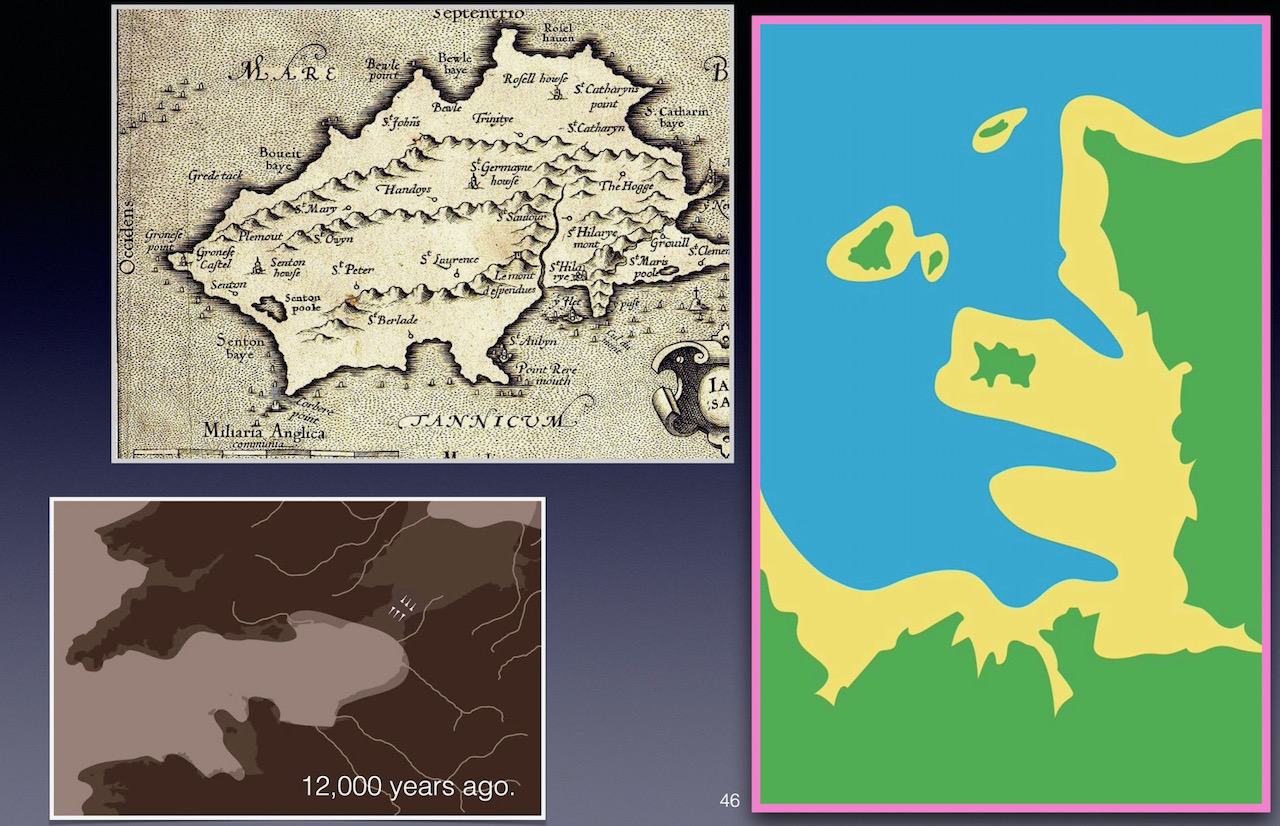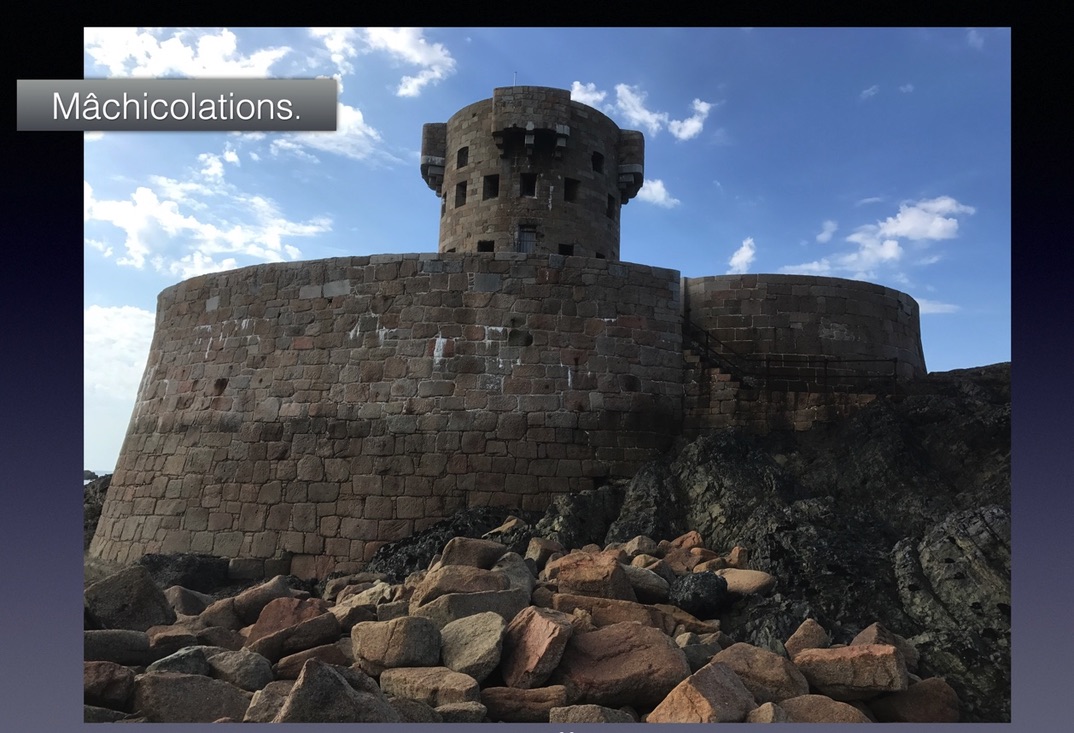Wartime in Jersey
Jersey has always been an Island with 'Fortifications', situated close to Normandy France. Then Adolf Hitler planned 'A Land Battle Ship', Jersey once more became an Island dominated by 20th-century 'Fortifications'.

Blog Post
Why was it good for the German Cause?
Hitler's Bigg Propaganda Advantage – the German Forces take control of British soil.
In Guernsey there were 20,000 troops, with 15,000,troops additional in Jersey, indeed many of the troops arriving at the beginning thought that they were in England. The German soldiers a posting in the Channels Islands was considered a good posting. Nobody was shooting at them –they could wander the streets in relative peace and calm without a sidearm –this opposed to fighting on the Russian front – what is not to like.
Compliance. As there was a ratio of 1 German to 3 Islanders (Jersey) with virtually a 1-1 basis in Guernsey).
On 28th June 1940:- Bombs were dropped on St Peter Port in Guernsey and on La Rocque and St Helier, in Jersey, killing and wounding a number of civilians.
1 July 1940 – Invasion commenced, in Guernsey Germans were embarrassed to realise they did not pack their flag! The Germans also paid rent – they were scrupulous about paying their bills – in Reichmarks. In fact records show that each week they paid rent to the Dame of Sark for their camp. there were four factions in the Islands, Airforce, Army, Navy with Civilian Administration and all four hated each other with an intensity.
Organisation Todt October 1941 Hitler issued an instruction - the Islands were to be impregnable. Hitler ordered a series of fortifications to defend the only British territory he ever conquered. The Organisation Todt workers were not strictly ‘slave workers’ as they are frequently described, because some were actually volunteers. Most were forcibly recruited, but were paid and not generally ill-treated. The real slave workers were citizens of theSoviet Union, mostly from the Ukraine.
Contrary to popular belief, there was no Gestapo in Jersey
Policing:-Policing was undertaken by the Jersey Honorary Police and the town police. In fact the town police did not have the powers to arrest outside of St Helier. They were criticised for being pro-German, but they had to uphold the Laws and there was a fine line between upholding the Laws, and collaboration and compliance.
Jewish Identity cards were required to be marked with a “J” and where the name of the Jew was not obviously Jewish they would add a middle name “Israel” for a male and “Sara” for a female to help identify the Jewish population in Germany.
In the Islands, however, the identity cards were NOT marked with a “J”. One of the reasons that the occupying forces did not actively seek out Jews, or combatants, was because they did not want to advertise to the SD, the SS or the Gestapo that there may be trouble in the Islands, and thus bring them here. They no more wanted these Nazi’s here than the Islanders did!
Let ‘Em Starve :- In the latter part of 1944 our principal source of food dried up – the locals petitioned the Red Cross for food.
Winston Churchill said “let ‘em starve” but wiser counsel prevailed and the SS Vega arrived in July 1944 from Lisbon.
The red cross parcels were for Islanders only. The hungry German occupying forces had to make do with what little food they could find or buy or acquire. At this time many pets (cats and dogs) went missing, thought to have been consumed by hungry Germans.
Liberation Winston Churchill announced on the 8th May 1945 – and our Dear ChannelIslands will be free today. In fact when the British (aboard the Beagle) arrived on 8th May to accept the surrender of the German Occupying Force, the German commander of the Channel Islands – Vice-Admiral Huffmeier responded to the British Army request for surrender by stating that he only orders from “his own Government”. However, despite this, Jersey’s preparation for liberation began to take shape.
On 9th May1945 the Islands were liberated.











Related Blog Posts

Our Island has more to offer than just the views!

Hardtack 28 Special Boat Service

